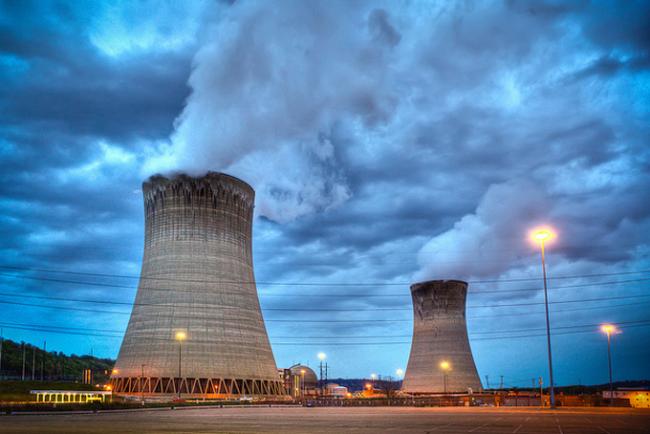New York set for third day of record power demand due to heat wave
NEW YORK, NEW YORK - With the brutal heat wave in the Northeast expected to ease tonight, New York was the only power grid still forecasting electricity usage would reach record levels for the third day in a row August 3 as customers keep their air conditioners humming.
The New York Independent Electricity Operator (NYISO) forecast peak usage would hit 34,000 megawatts on August 3, breaking the current peak of 33,939 MW set the day before, which broke the August 1 record of 33,879 MW.
If power usage hits the forecast peak, that would be 6 percent higher than last year's then record of 32,075 MW.
Typically, one MW powers about 800 homes. But during heat waves and other times of higher-than-usual usage, one MW powers less.
Meteorologists forecast temperatures in New York would reach 98 degrees Fahrenheit with the humidity making it feel more like 112 degrees, according to forecaster AccuWeather.
Although the heat wave has strained the power grid, the grid operator did not have to resort to rolling blackouts.
The generating plants produced sufficient electricity to meet the demand, while the transmission lines moved the power to the towns and neighborhoods where people live and work.
The distribution system, which takes the power from the transmission substations to people's homes and businesses, also did a good job of keeping the lights on for most customers, but there were some scattered outages over the past few days.
Related News

BC Hydro electricity demand down 10% amid COVID-19 pandemic
VANCOUVER - Elecricity demand is down 10 per cent across British Columbia, an unprecedented decline sparked by the COVID-19 pandemic, according to a BC Hydro report.
Power demand across hotels, offices, recreational facilities and restaurants have dwindled as British Columbians self isolate.
The shortfall means there's a surplus of water in reservoirs across the province.
"This drop in load in addition to the spring snow melt is causing our reservoirs to reach near capacity, which could lead to environmental concerns, as well as public safety risks if we don't address the challenges now," said spokesperson Tanya Fish.
Crews will have to strategically spill reservoirs…




